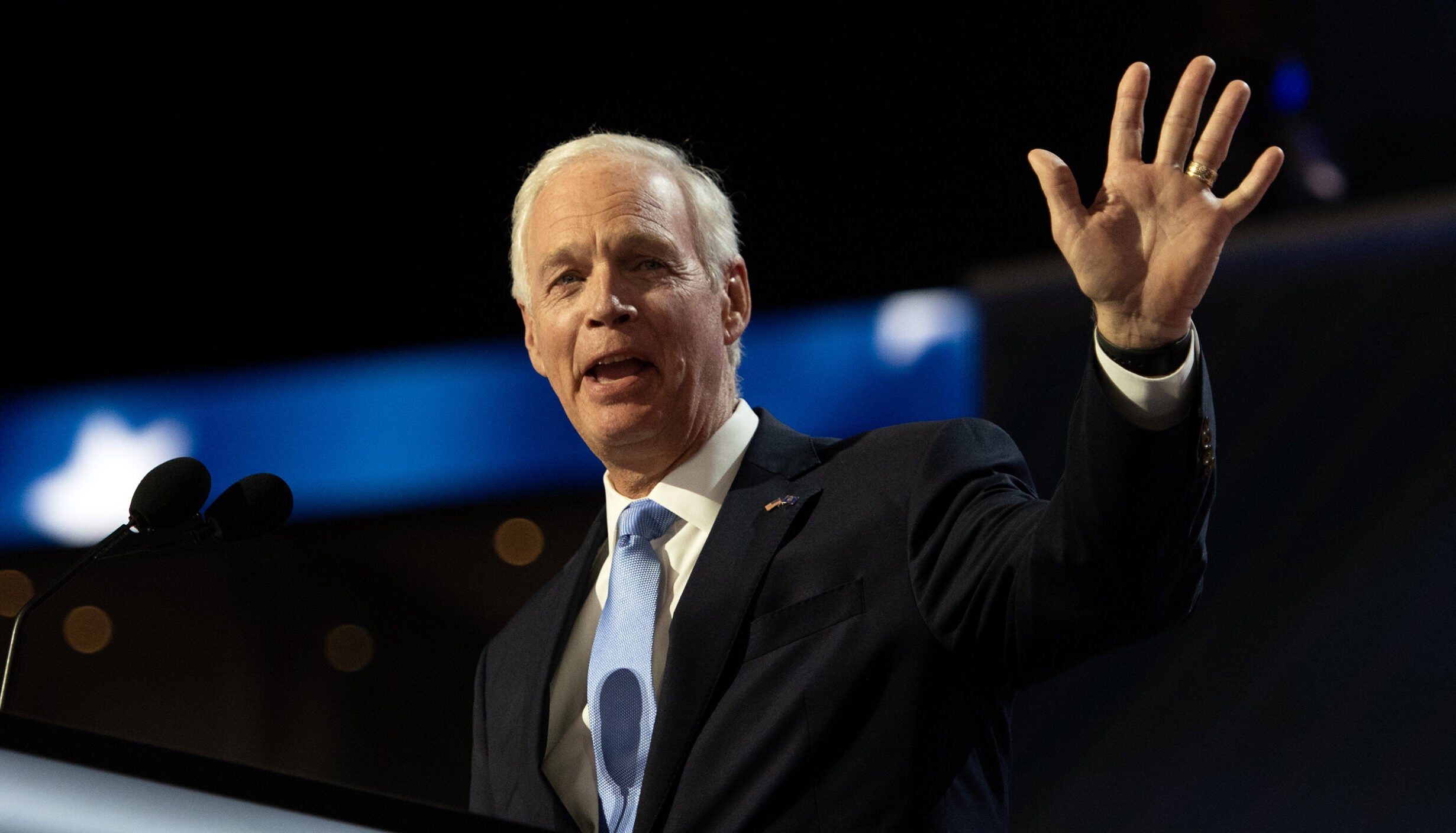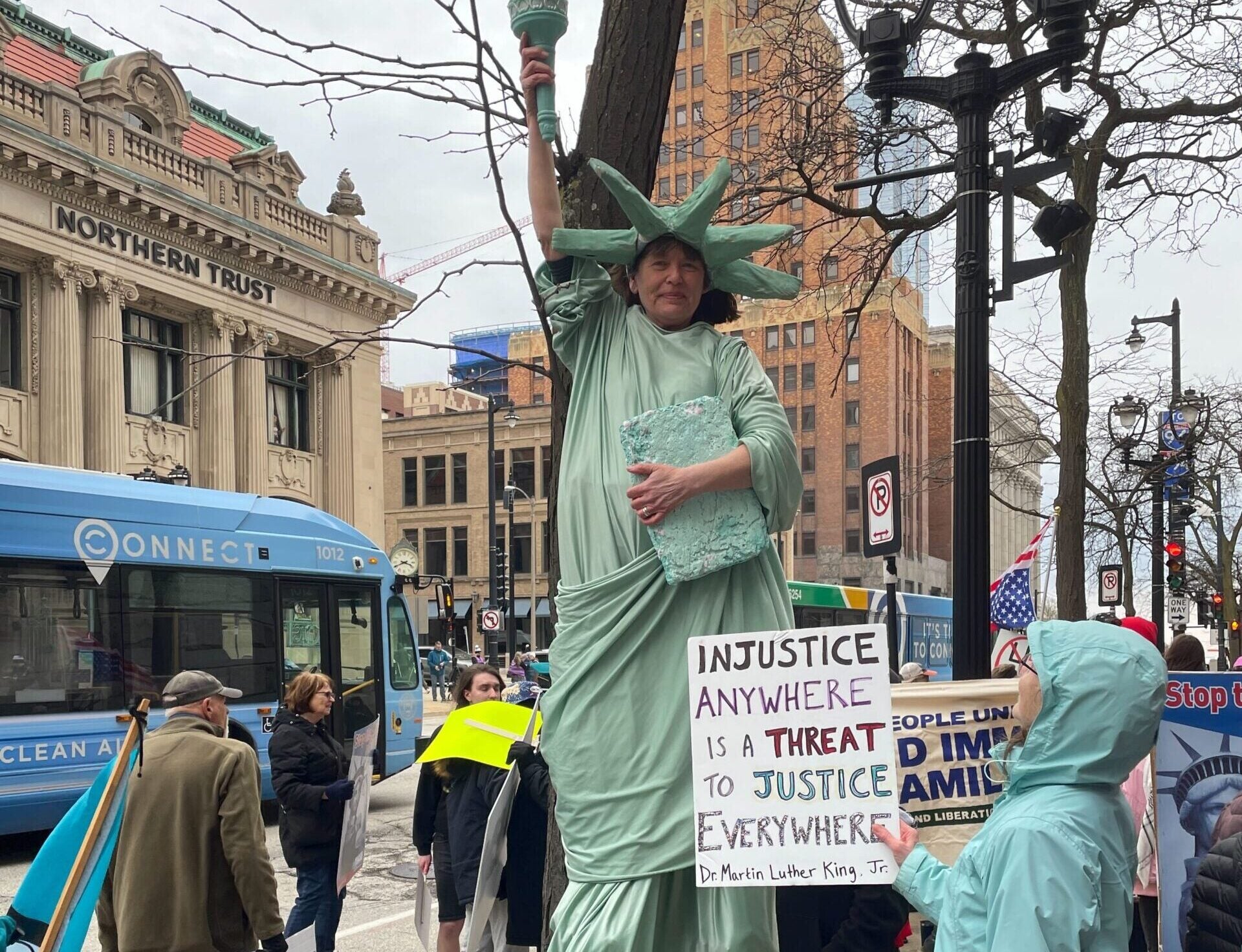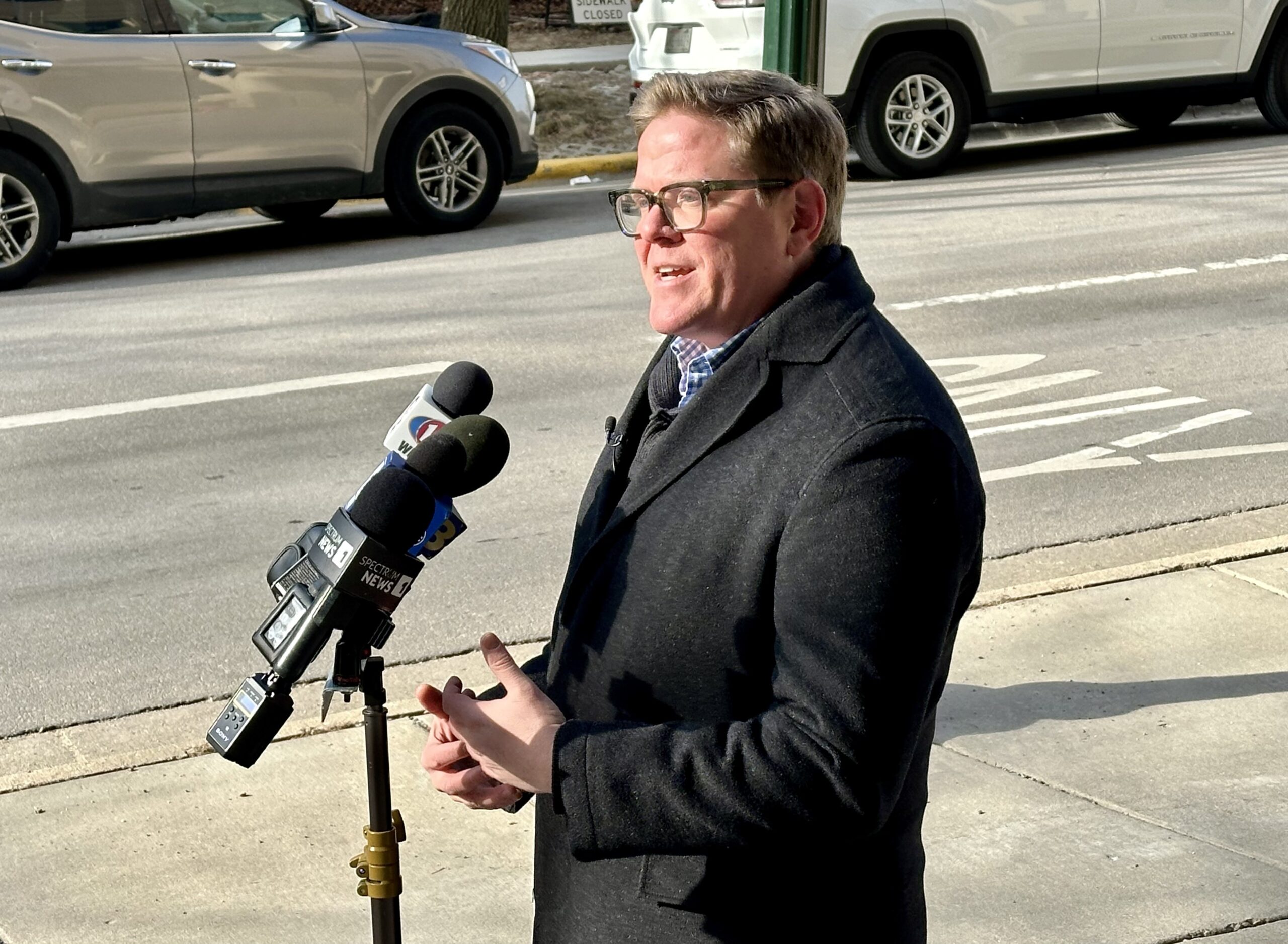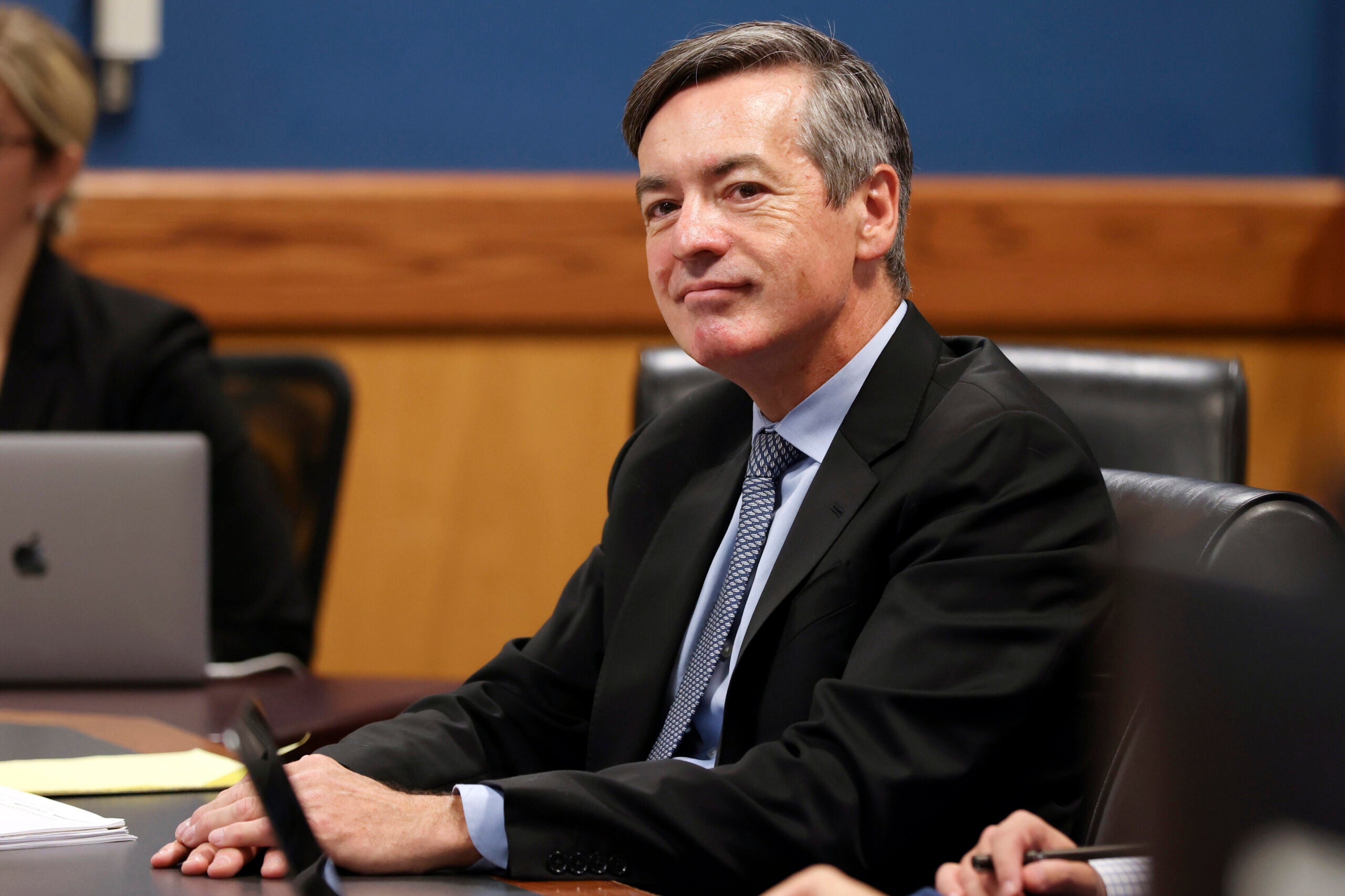New research shows that when people share “fake news” on social media, many of them already know it’s not true. We hear from one of the researchers about the digital news world and why people share false information. We also chat with a man who hasn’t missed a Friday fish fry in over three years about his favorite places to enjoy Wisconsin’s signature meal. And we’ll get the latest in the Senate’s probe into Russian interference.
Featured in this Show
-
For The Love Of Cod: Milwaukee Man Hasn't Missed A Friday Fish Fry Since 2014
We hear from a Milwaukee man who has been to 175 consecutive Friday night fish frys; and he has no plans on slowing down anytime soon.
-
Milwaukee Man: 175 Consecutive Fish Fries And Counting
Name a Milwaukee-area fish fry and Caleb Westphal has probably been there.
The Milwaukee Record contributor has been to 175 consecutive Friday night fish fries, meaning he hasn’t missed once since 2014.
Now, Wisconsinites like their fish fries, especially during Lent, but this Fon du Lac native has taken his love for the Friday night staple and is trying to get others to check out different spots. Each week, the Milwaukeean writes about his fish fry experience, rates the meal and snaps pictures for the Milwaukee Record.
“After eating more than 170 consecutive Friday night fish fries, my palate has become pretty snobbish,” Westphal wrote in one critique. “In one bite I can tell where the coleslaw, fish, potato pancakes, fries and rye bread rank in an imaginary fry hierarchy in my head.”
The fish fries have taken Westphal all over: to legion halls and church basements, to Fraunces Tavern in New York City — where President George Washington famously said farewell to his soldiers — and even to a catfish fry in Tennessee.
Some fish fries are more expensive than others, but more important than the price, Westphal said, is the ambience.
“I like to go to places with character,” he said. “The hole in the wall that’s been there forever, the place where the walls kind of talk, more so than the kind of stale places downtown that cost a lot more.”
Westphal isn’t picky about the type of fish being served — cod is standard — but he tries to change it up.
“The ideal thing would be all-you-can-eat perch,” he said. Westphal sticks with a potato pancake as a side.
Last month took him to Chuck’s Place Family Restaurant in Thiensville, the Polish Center of Wisconsin in Franklin, Schwabenhof in Menomonee Falls, and McBob’s in Milwaukee.
Fish fries have undeniably been a part of Wisconsin for quite some time, but their exact history is murky. Some say they can be traced back to Milwaukee’s Roman Catholic immigrants. Combine Wisconsin’s abundance of fish with a need to abstain from meat on Fridays for Lent, and you get a whole lot of fish dinners.
Though fish fries are often associated with beer, their popularity only increased during Prohibition, according to legend.
“During Prohibition, a lot of places had fish just to stay in business,” Westphal said. “And a lot of those places under the table still had alcohol.”
Westphal, who now lives in Milwaukee, is from Fond du Lac, home of Walleye Weekend, the self-professed “World’s largest walleye fish fry.”
And despite growing up surrounded by fish and fish fries, and — barring any complications, surpassing 200 by year’s end — Westphal has no plans to stop his Friday night tradition.
“It does become a blur at some point,” Westphal said. “But I’m not sick of it at all.”
-
Why People Share Fake News On Social Media
Fake news is seemingly everywhere in the presidency of Donald Trump. A survey from Temple University shows “fake news” and “failing NYTimes” are the two phrases Trump tweeted the most in his first 100 days in office.
One of the ways false news stories are widely shared is on social media.
Lucas Graves, a professor in the journalism department at the University of Wisconsin-Madison, said people don’t always believe the stories they share on Facebook or Twitter. One motivation for sharing these stories, he said, might be to express depth of political knowledge. Another motivating factor is sharing people’s identities through these stories.
“People may want to agree with the person that they’re talking to, or they may want to express allegiance with a particular set of views, or with a particular social group,” Graves said. “That can in turn be tied to questions of race and class and political upbringing, regional affiliations and so on, so it’s a very complex picture.”
He said it’s hard to know whether or not people actually believe the stories and articles they’re sharing on social media. He likened it to surveys and political polls: he said it’s hard to know if someone truly believes what they’re telling a pollster or the answers they’re giving on a survey.
“The broad point is that a lot of us don’t really have firmly held or carefully developed opinions about major policy questions, and we may not know much about the kinds of questions that researchers tend to ask about,” he explained.
Graves brought up the work of sociologist Nina Eliasoph, who used to work at the University of Wisconsin-Madison.
“She argues that most of us don’t carry beliefs around like change in our pockets. Instead we form our beliefs … in social contexts,” he said.
Graves pointed to a couple studies out recently on the partisan divide. The studies conclude if you give people financial incentives for answering questions about political issues correctly, the partisan gap gets much smaller. He said that when you pay people to consider questions or news articles, they might be more thoughtful in their questions.
Part of the equation when it comes to spreading fake news, Graves said, is the incentives within social media.
“Unfortunately, the tendency for social media platforms like Facebook is to reward partisan behaviors that are going to help stories go viral among our friends,” he explained.
He added he thinks people should try to be more thoughtful and deliberate when they’re on these social media platforms.
-
Why People Share Things They Don't Believe On Social Media
Research shows that people don’t always believe what they share on social media. We talk to a researcher who covers the emerging news ecosystem about why people might knowingly share “fake news.”
-
Yates's Testimony Shines Light, But Also Raises Questions In Russia Probe
Former-acting Attorney General Sally Yates testified in front of a Senate sub-committee yesterday about allegations of Russian interference in the 2016 presidential election. We’ll speak with David Gram of The Atlantic about the what she said and what it could mean for the White House.
Episode Credits
- Rob Ferrett Host
- Veronica Rueckert Host
- Karl Christenson Producer
- Amanda Magnus Producer
- J. Carlisle Larsen Producer
- Caleb Westphal Guest
- Lucas Graves Guest
- David Graham Guest
Wisconsin Public Radio, © Copyright 2025, Board of Regents of the University of Wisconsin System and Wisconsin Educational Communications Board.





